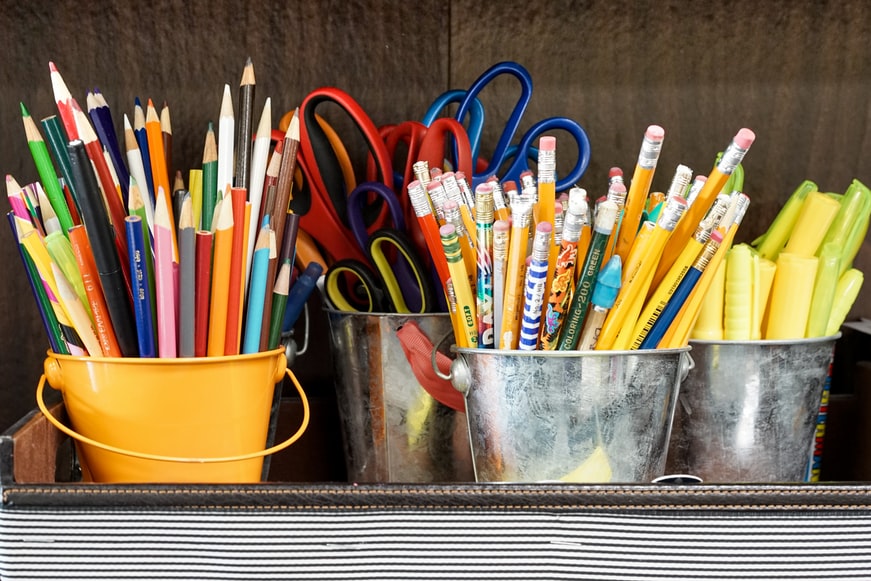Description: Law and Economics tutor Silvia shares in this article how students can use the spaced repetition technique to help with their exam revision.
What is Spaced Repetition?
Spaced repetition is a way of learning new material. The time intervals between the review sessions get increasingly longer. It is usually performed by using flashcards and is the opposite of cramming for an exam.
In other words, imagine that you need to forget something a little bit to increase learning and memory. If you come back to something that you have previously learnt after increasingly longer periods then the memory strengthens. It becomes much easier to actively recall it. Of course, if you learn it once in class and then never come back to it, then it will probably not be of much use to you.
That being said, it is fair to say that the studying must start early. Usually right at the beginning of the academic year. Summarising material right at the start of your course by making flashcards. Then performing active recall sessions with those flashcards after each class will go a long way towards improving the chances of you acing that exam.
How to Make it Better?
Ideally, the amount of information that you need to remember for each flashcard must be small. One flashcard, one concept. For example, if you had to learn the capital city and the population size of Spain, then you would put the capital city on one flashcard and the population on another (and not both on the same one). This ensures that you can keep track of what it is that you need to work on.

In this example, it could be that you have an easy time remembering the capital city but find the population size a little bit trickier. What will happen in this case is that the time interval at which you will practice the capital city will be a lot longer than that for the population. This allows you to waste less time on the information that you already know and focus more on your weaker areas.
There are a lot of tools available online, both free and paid, that can help you even make virtual flashcards and calculate the time interval that you need to review your flashcards at (Anki being one of them).
Making flashcards memorable is also a good technique. The more colourful and surprising the flashcards, the better. Our brain remembers unique material better than it remembers anything that is purely text and black and white.

Why not try making flashcards together with your friends? Discussing material from class, summarising it together and putting it into flashcards could be fun. Not only would it be fun but you could end up learning a lot from each other – maybe your friend understood something that you didn’t.
Does it Work?
Yes, because it is based on the way our brain works. Our brain is set on remembering certain information that it thinks is more important. Memory is also based on the strength of the connections that we make in our brain. Therefore, attempting to recall something that we have almost (but not completely) forgotten strengthens those connections, thus allowing us to better remember the material over time.
By tutor Silvia. Contact Us

